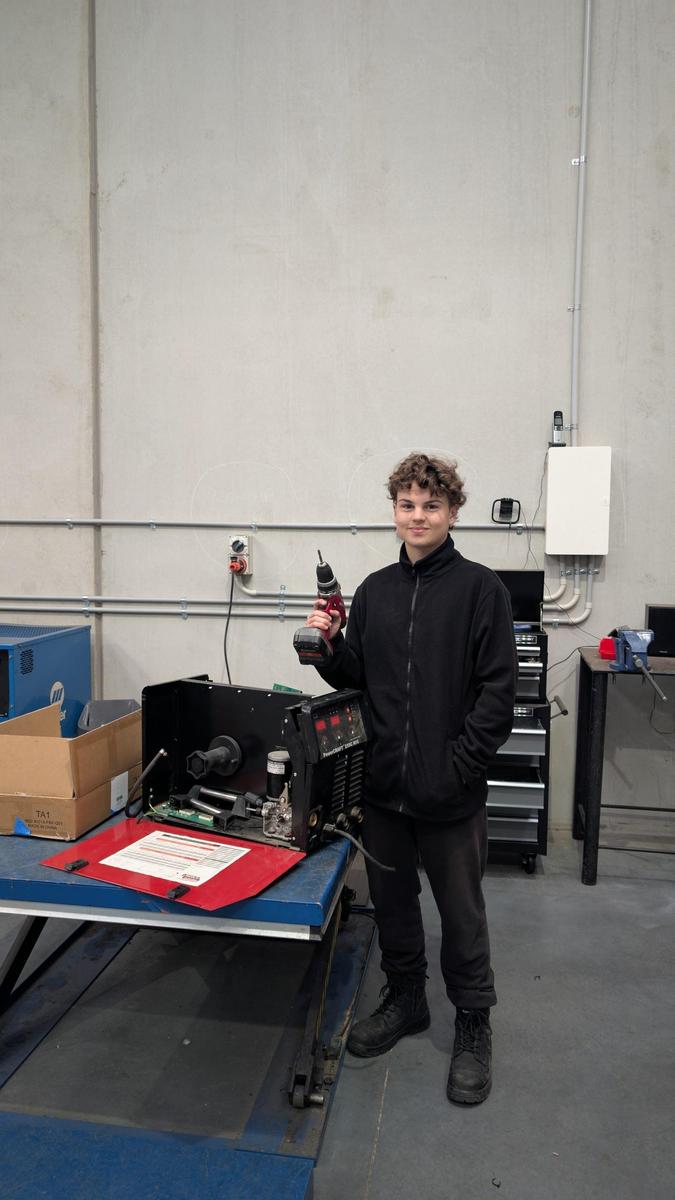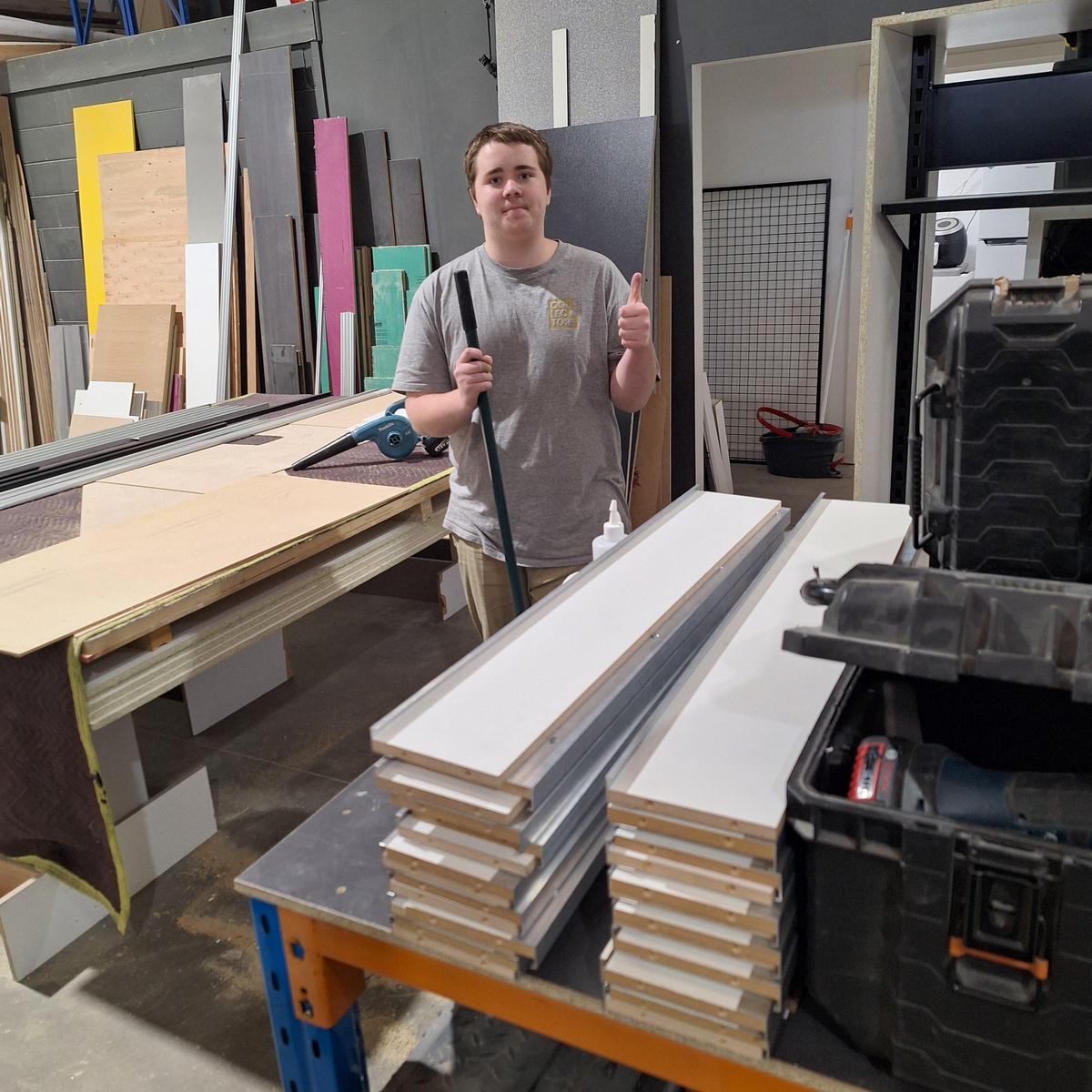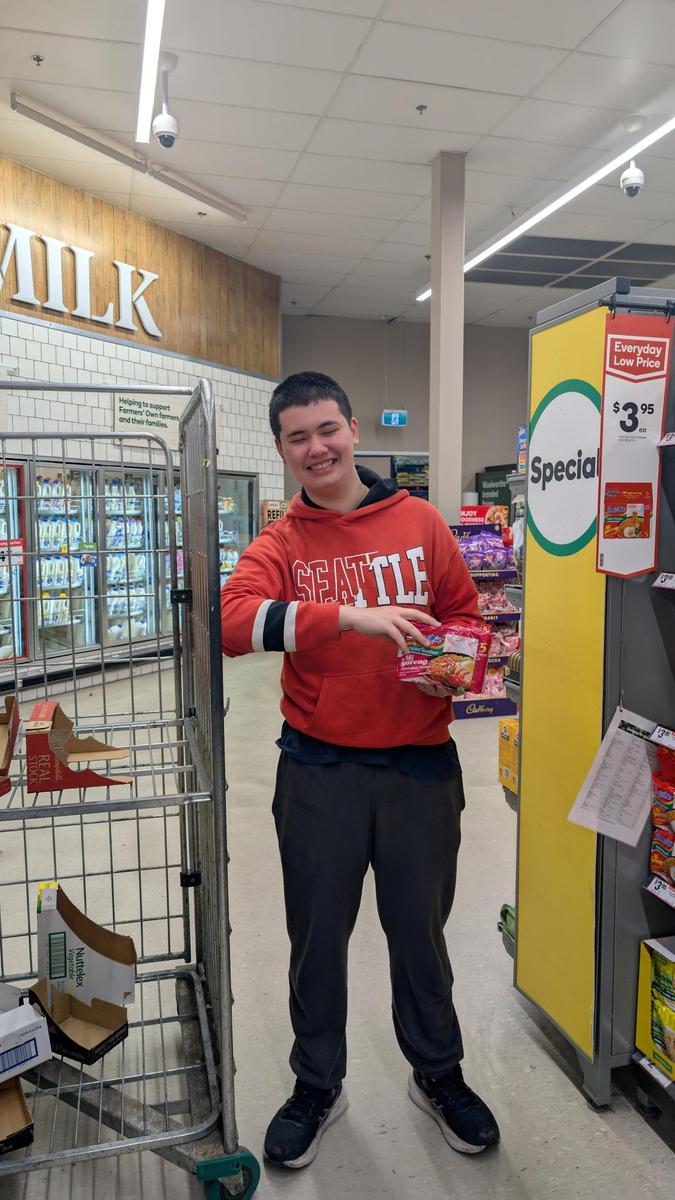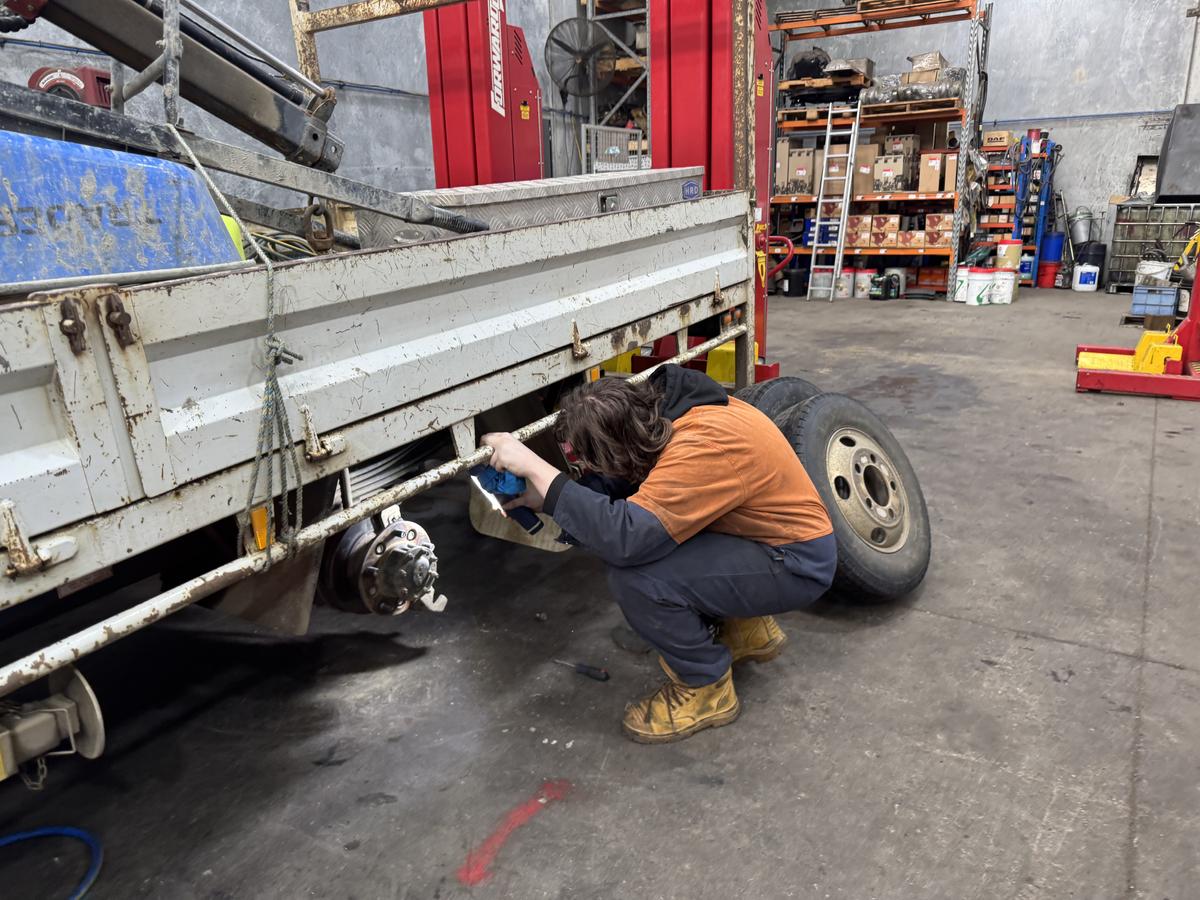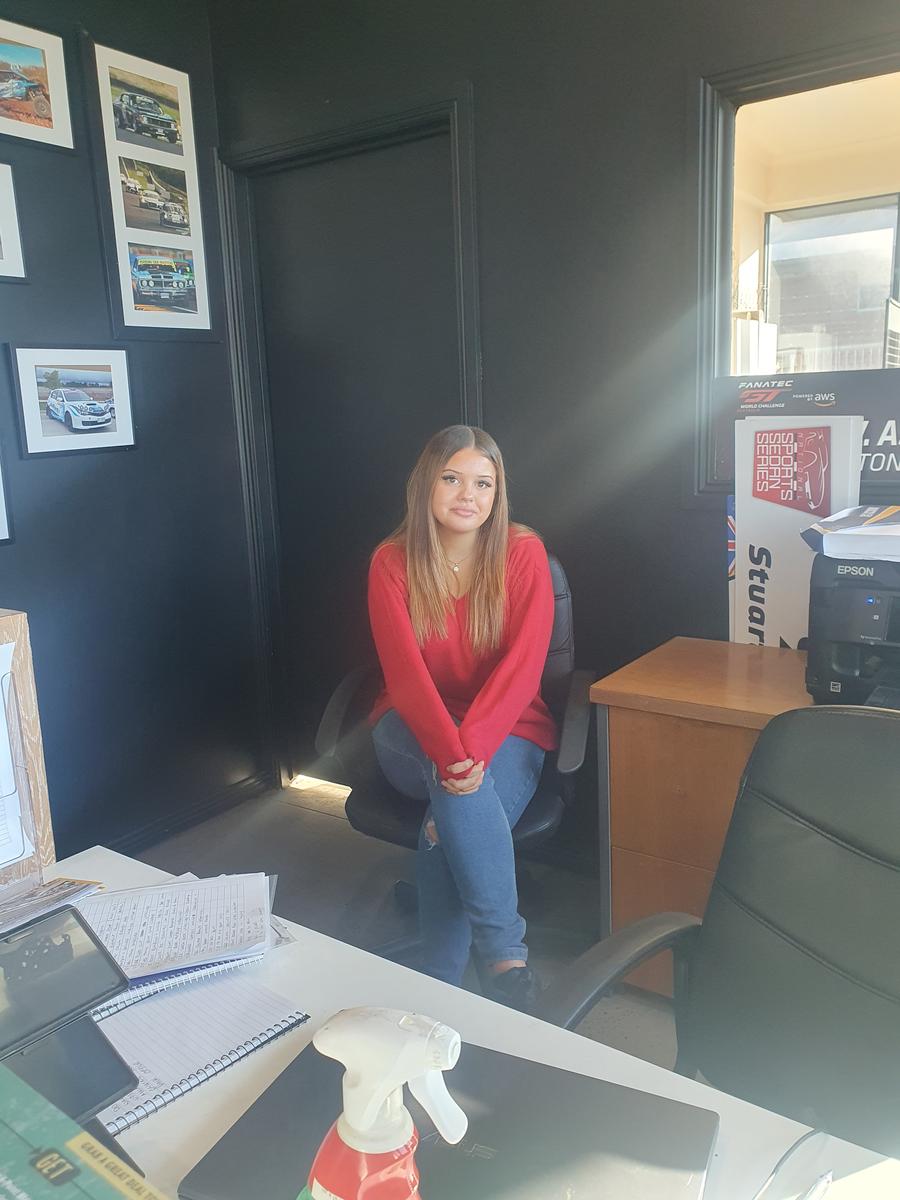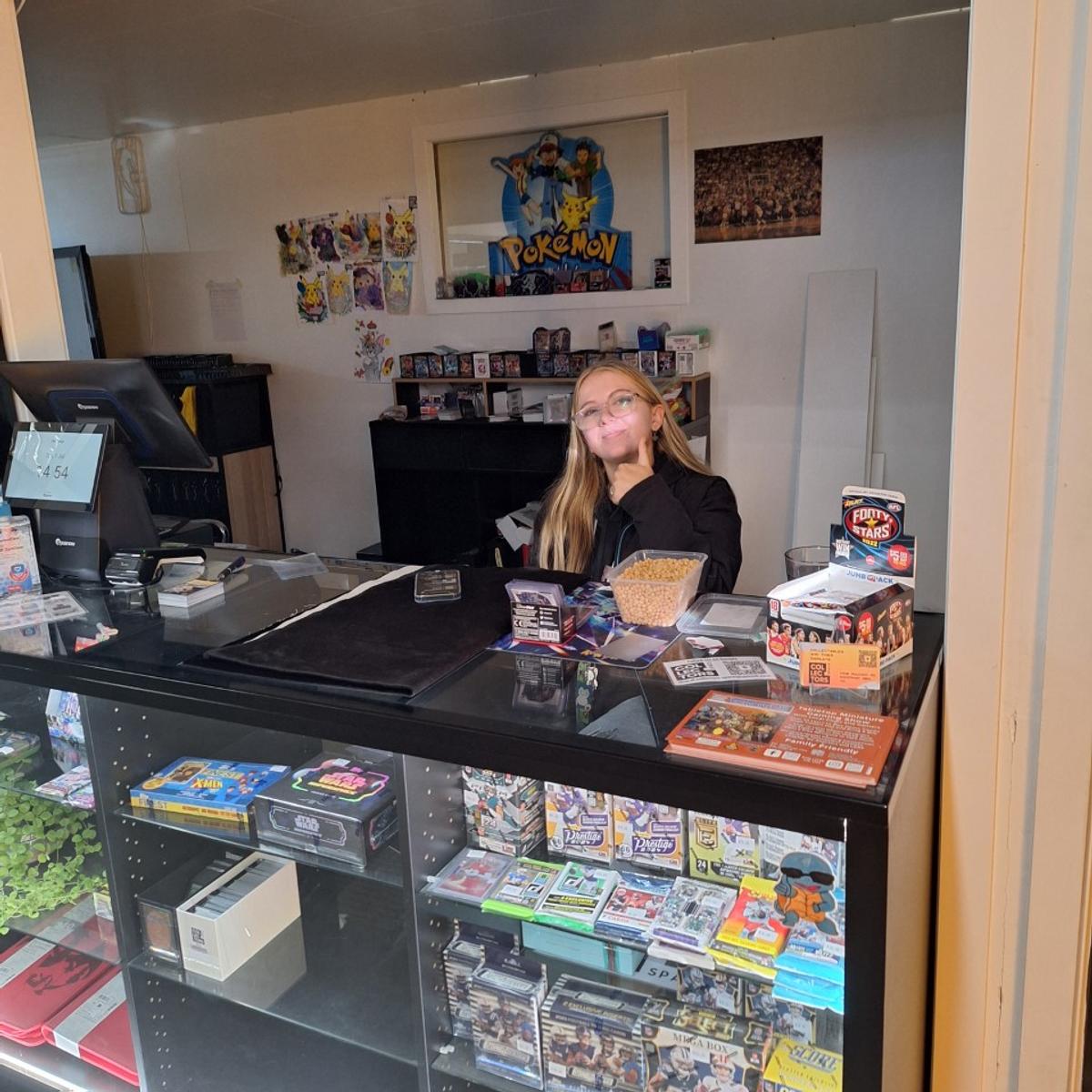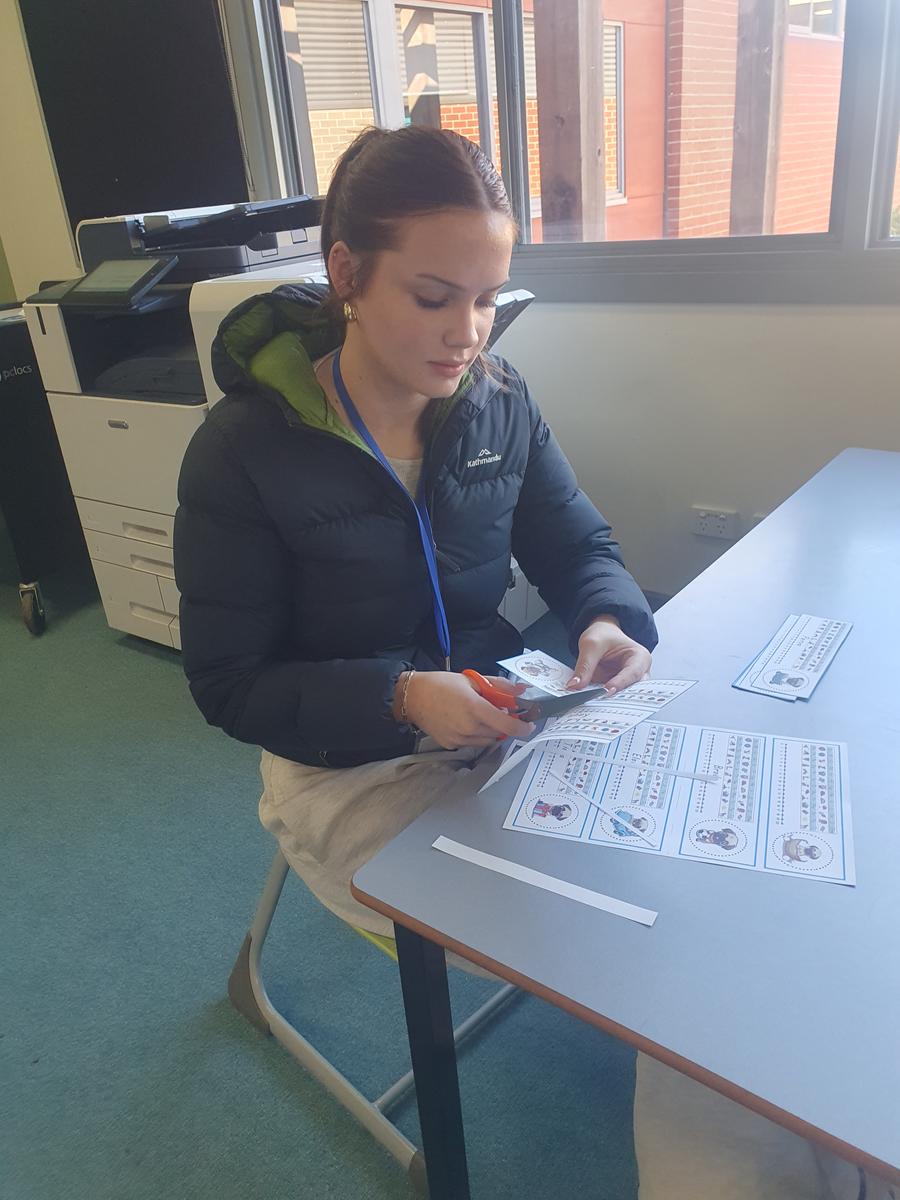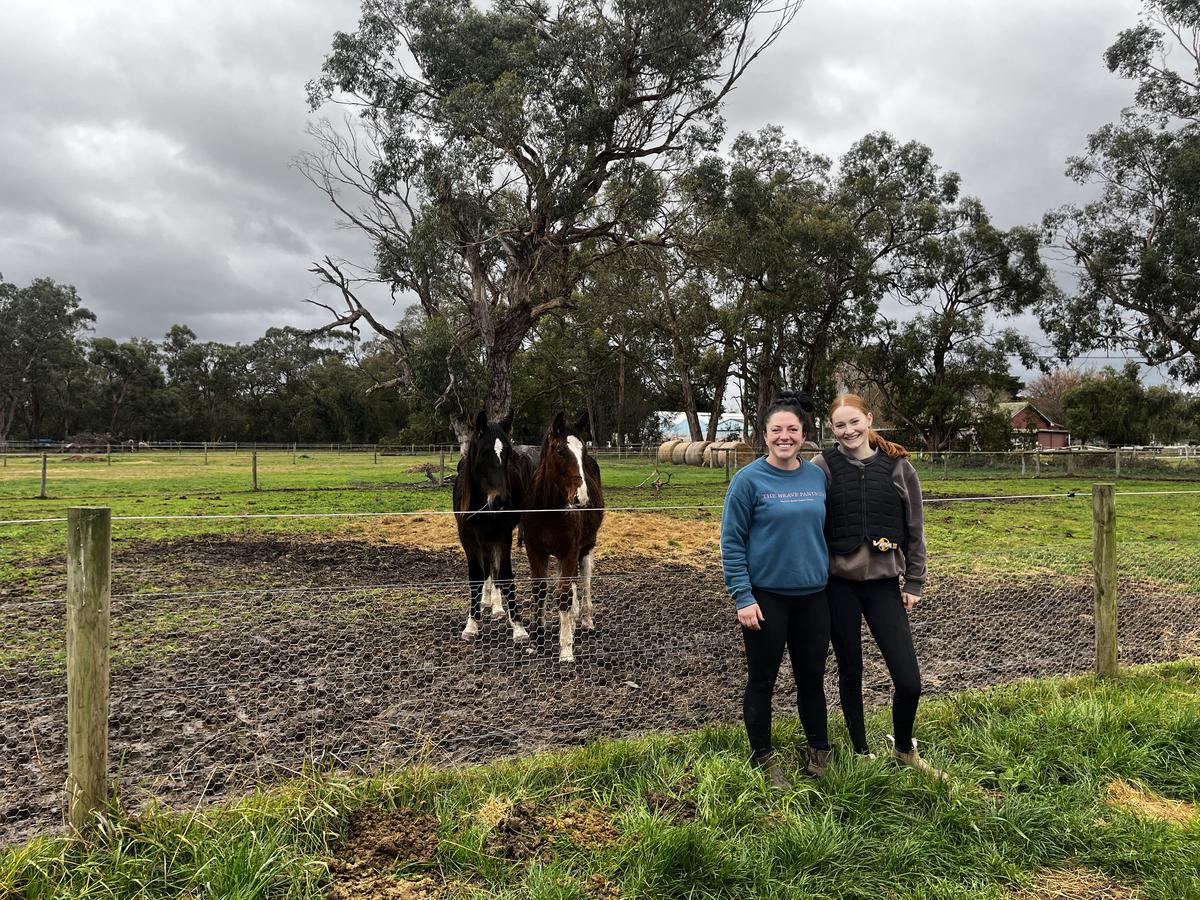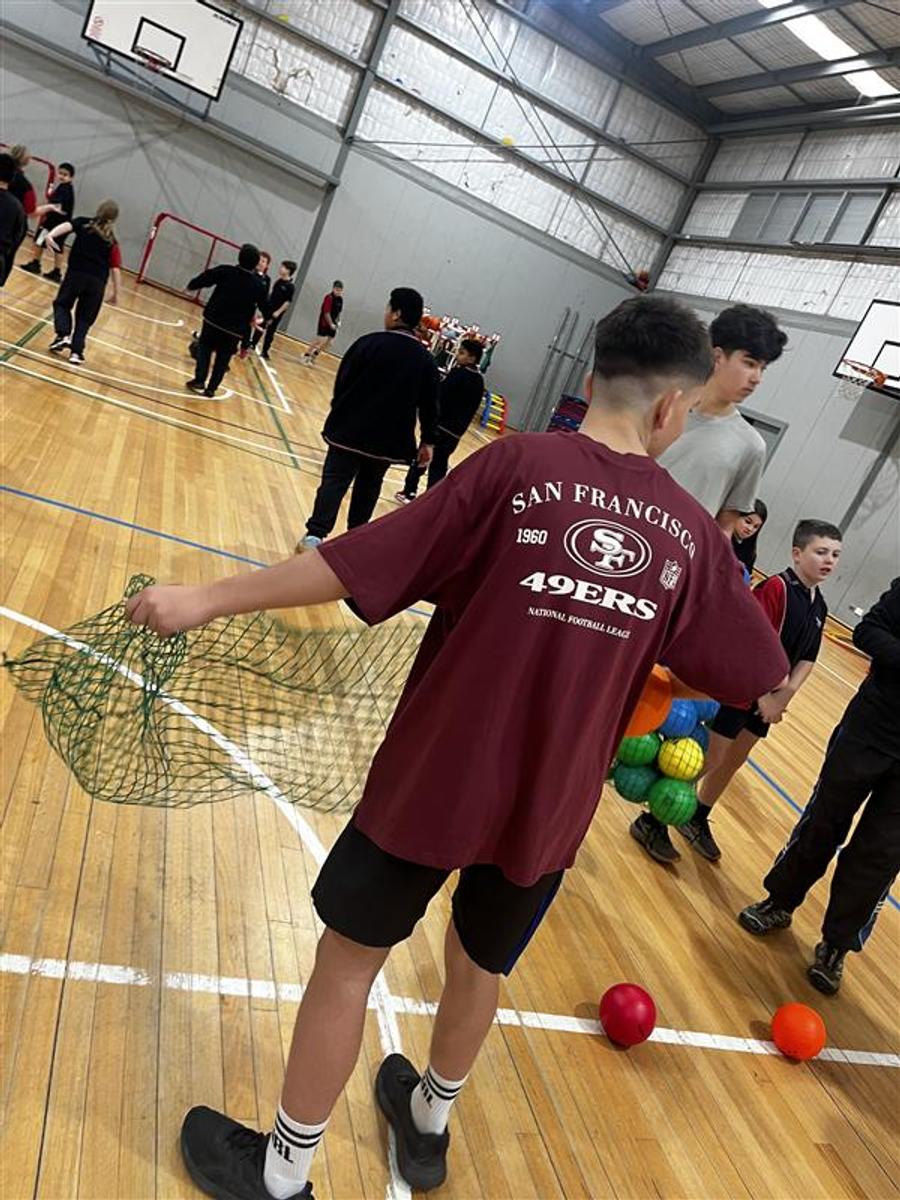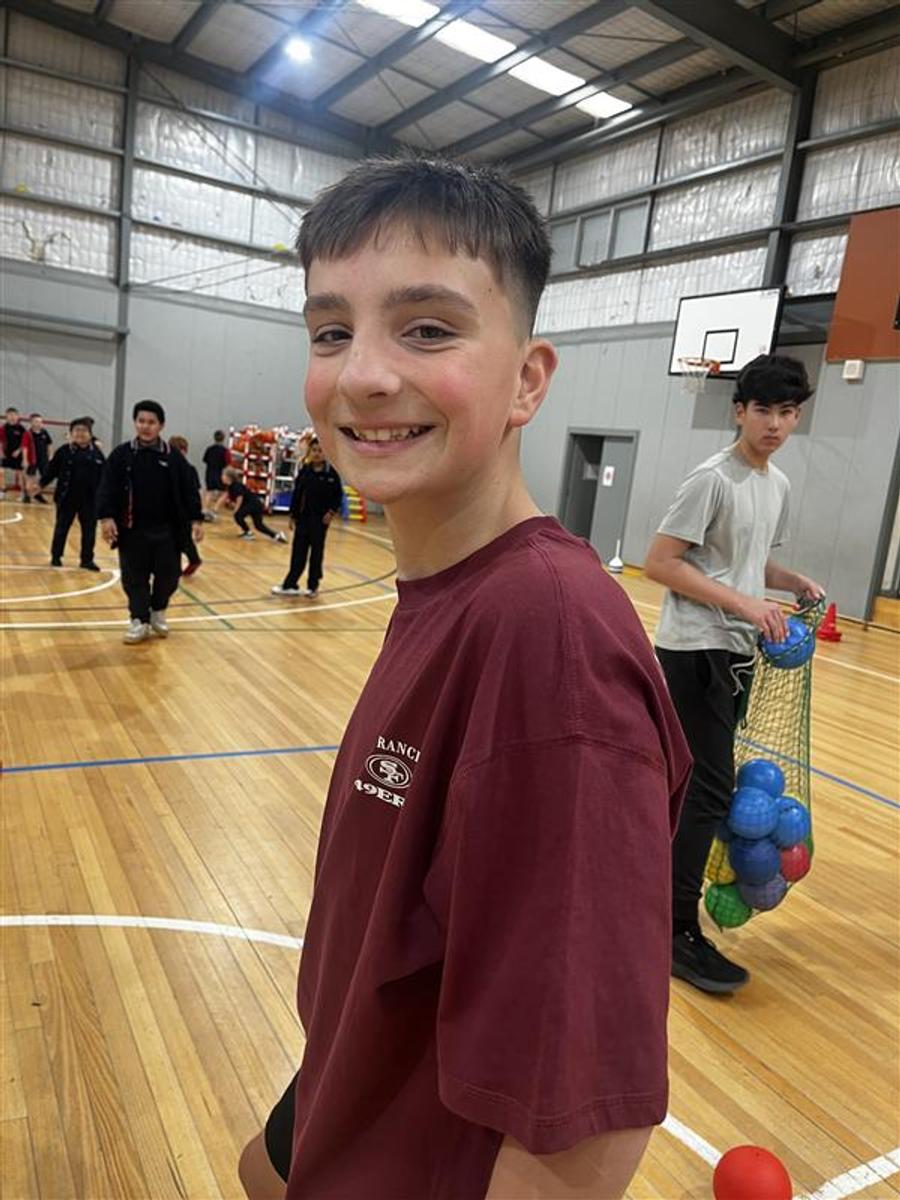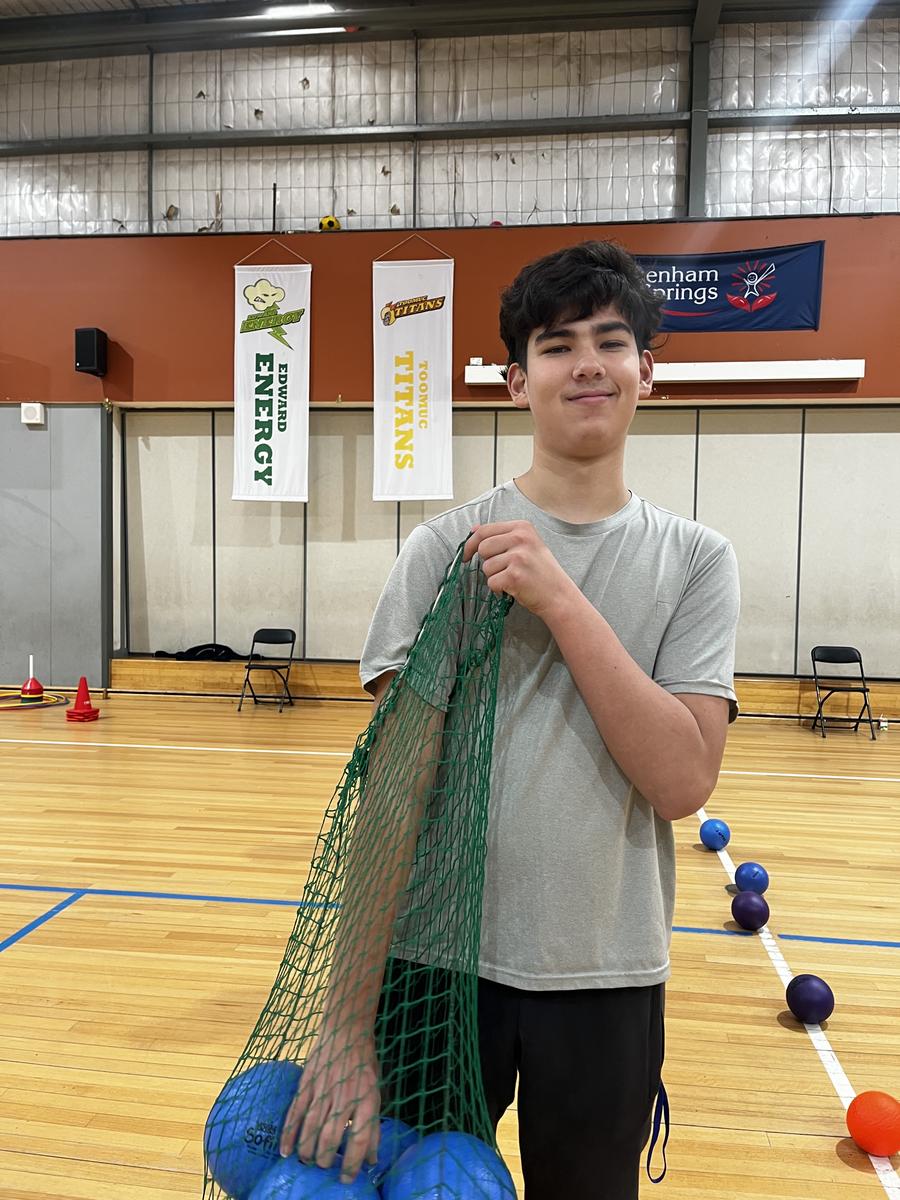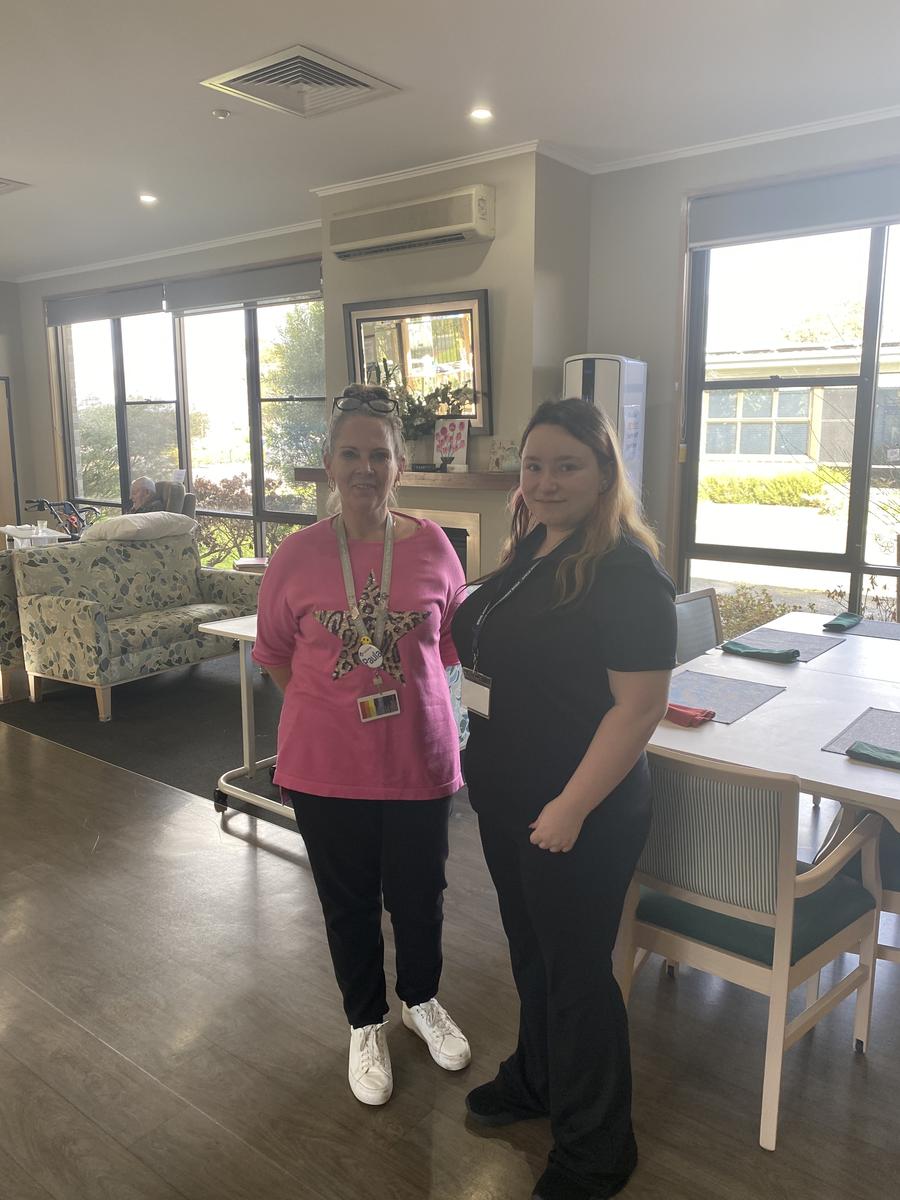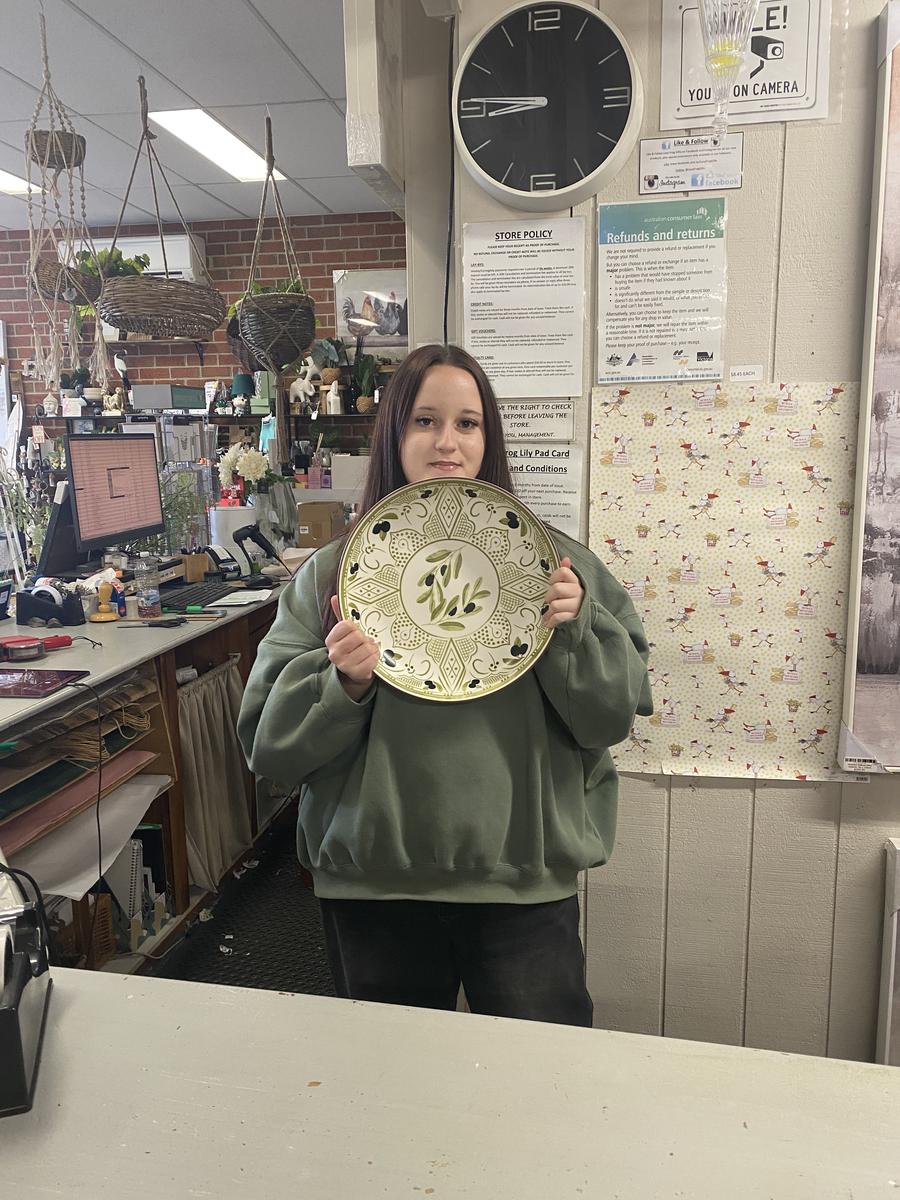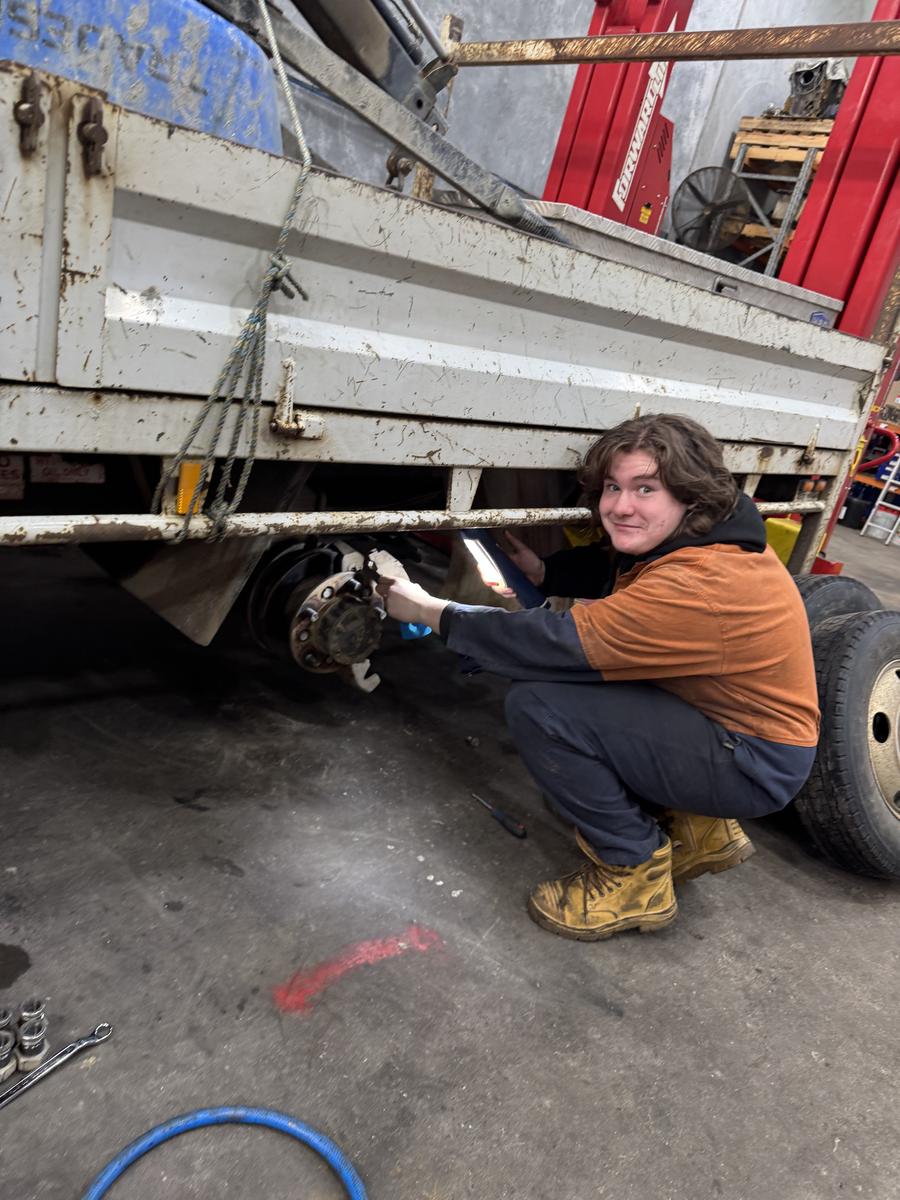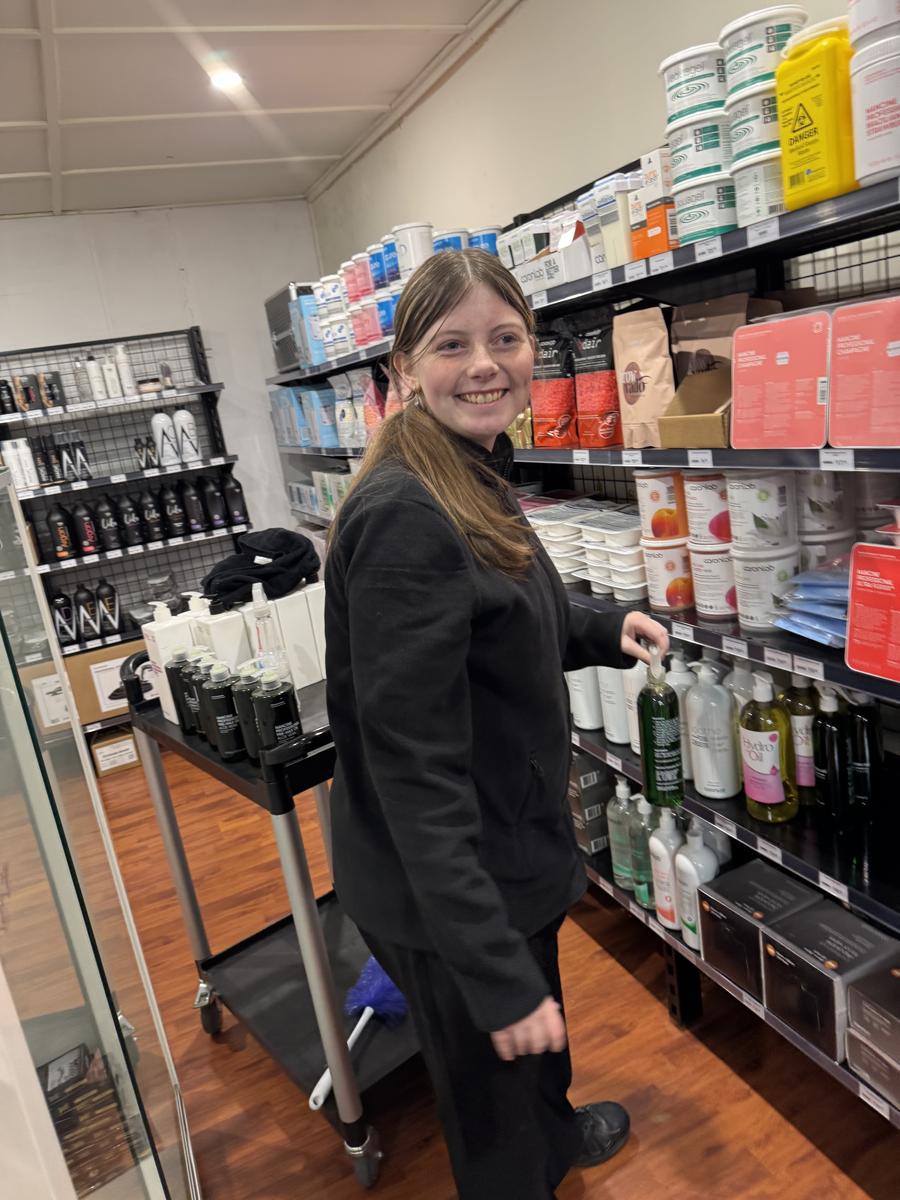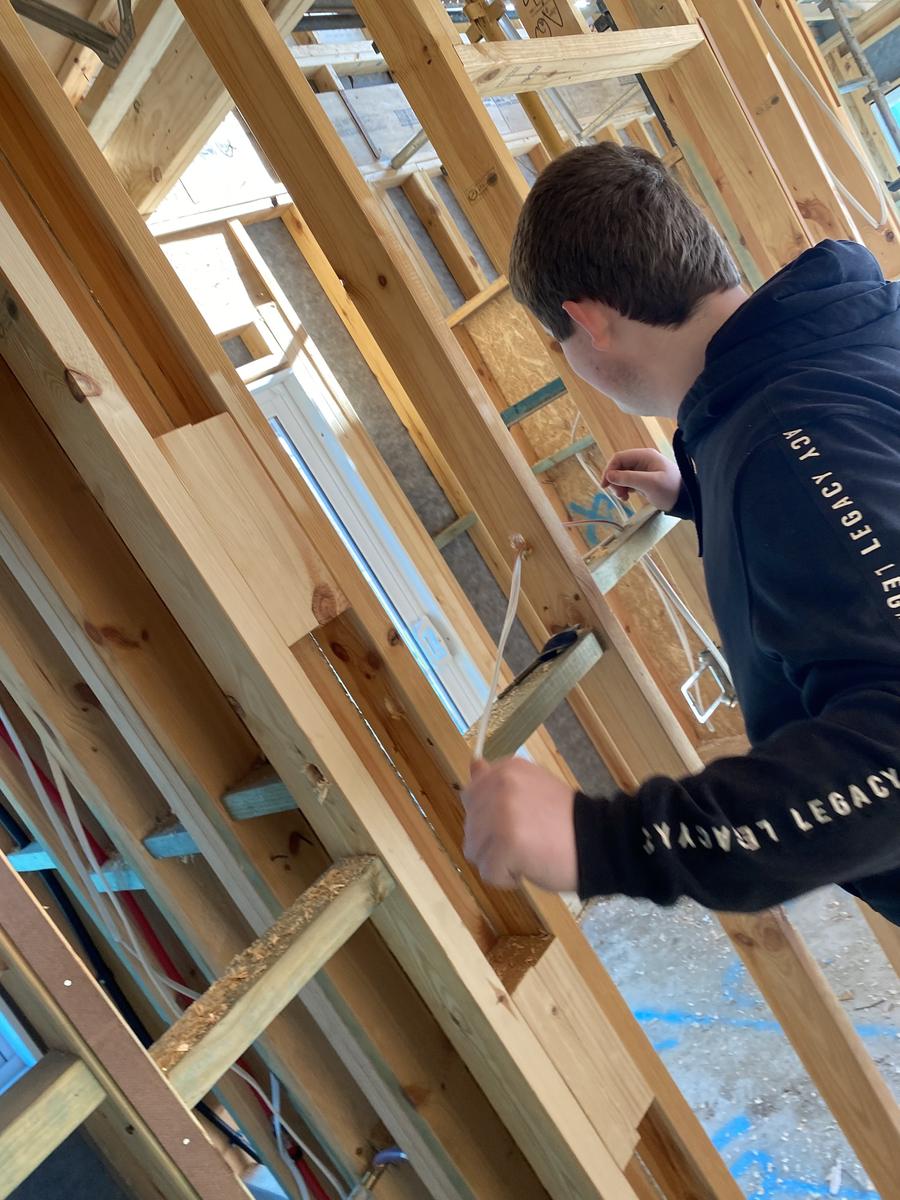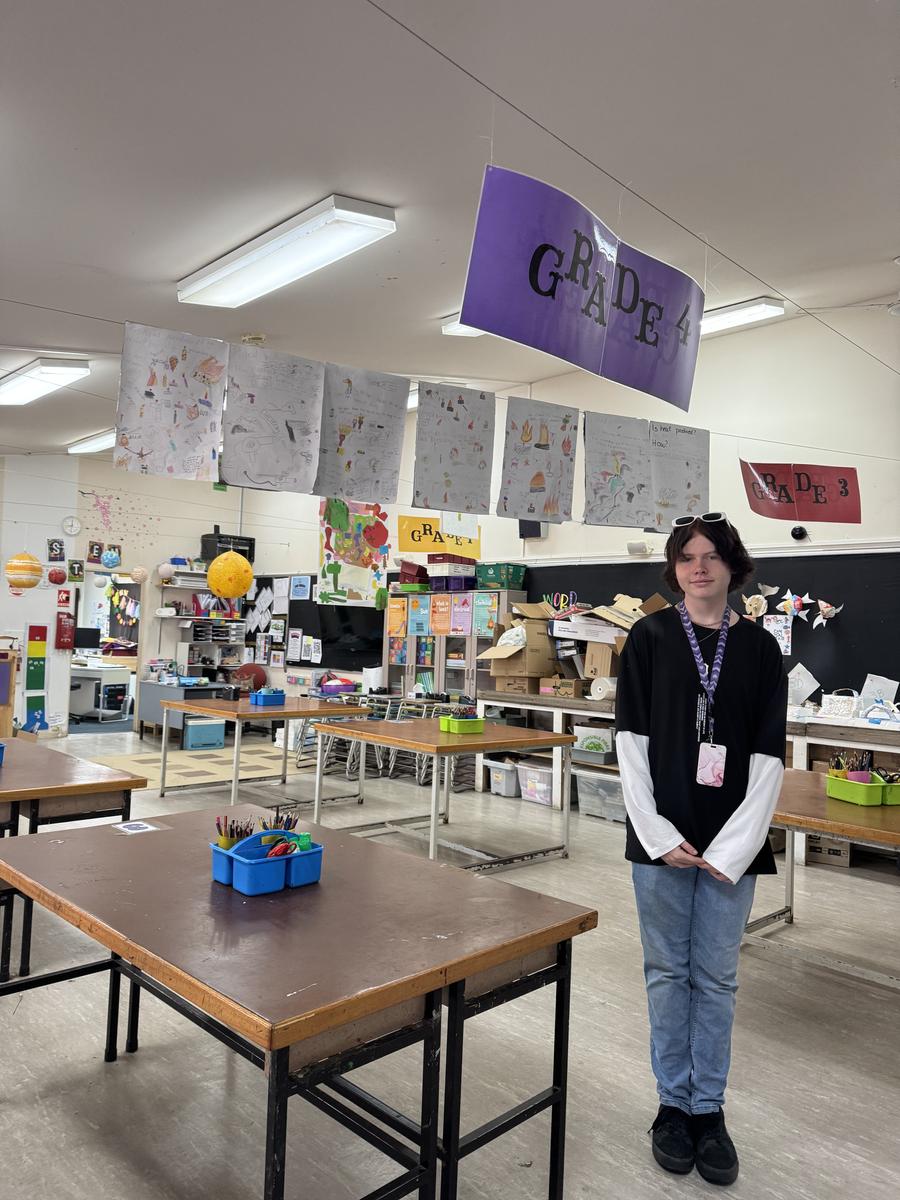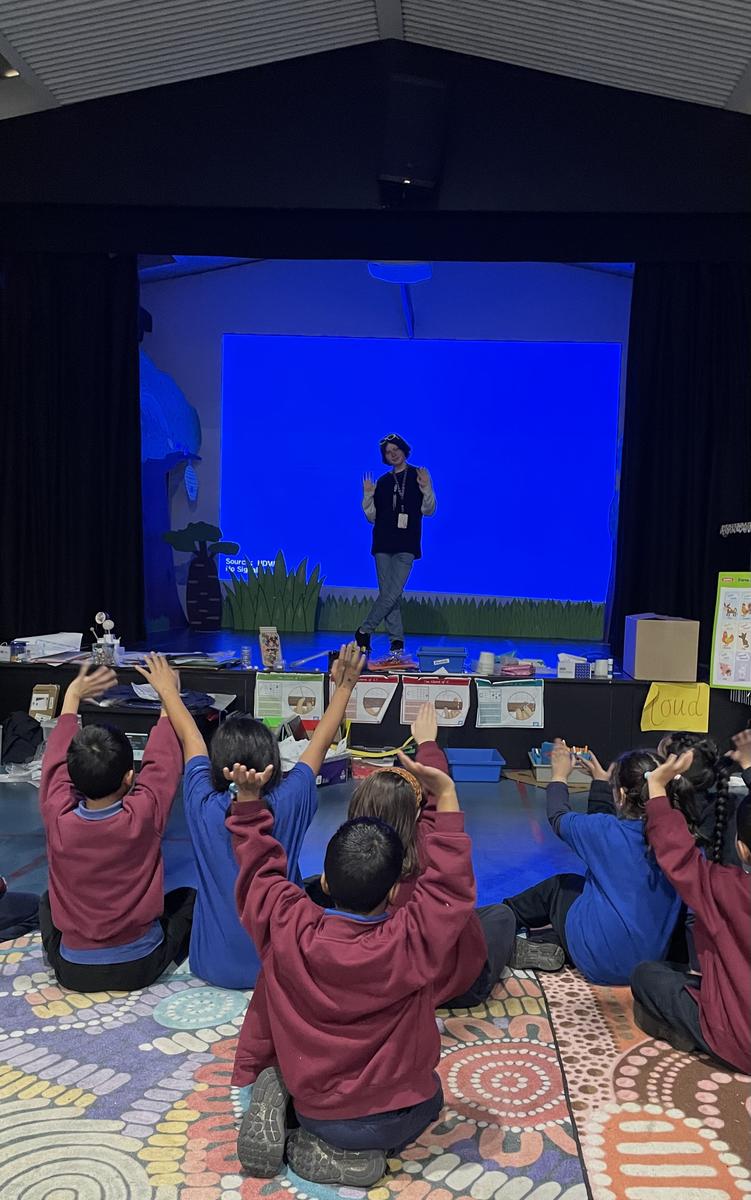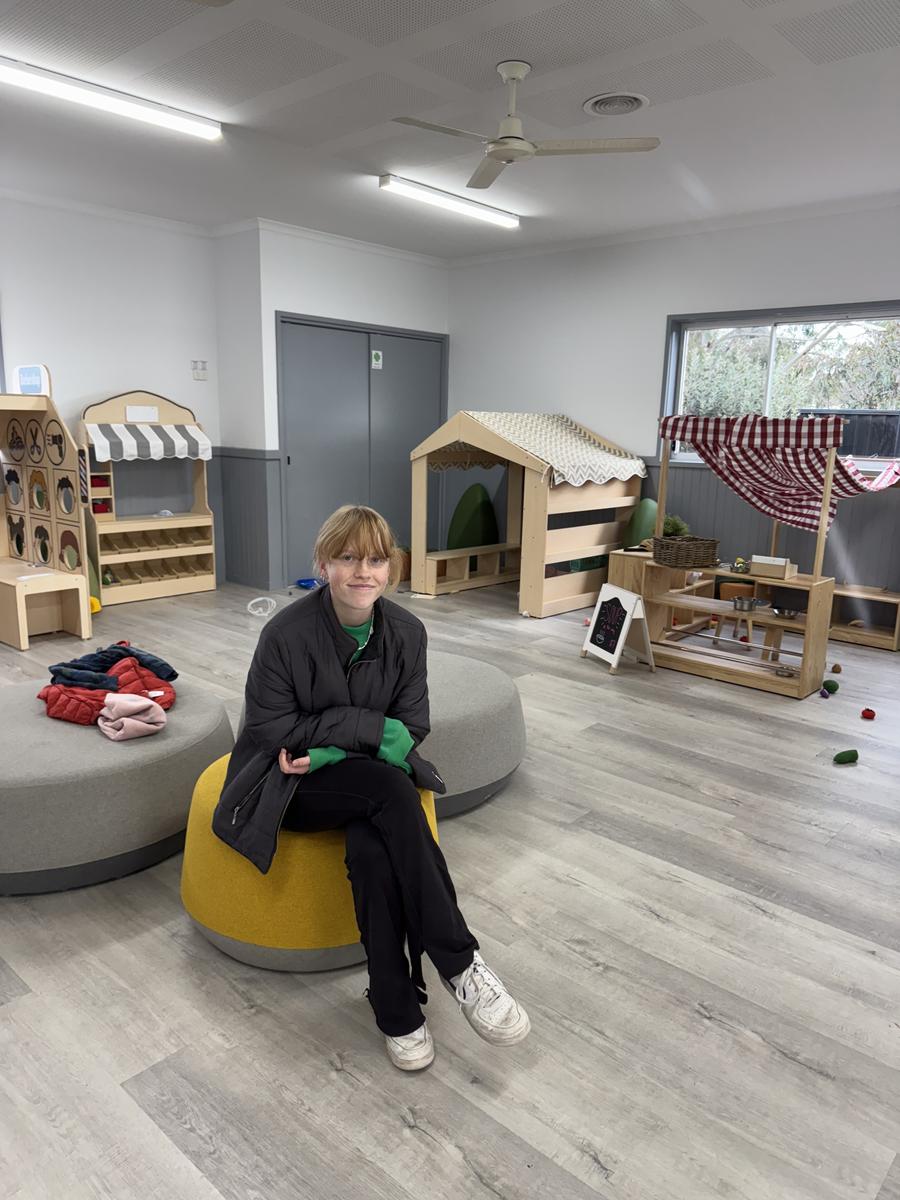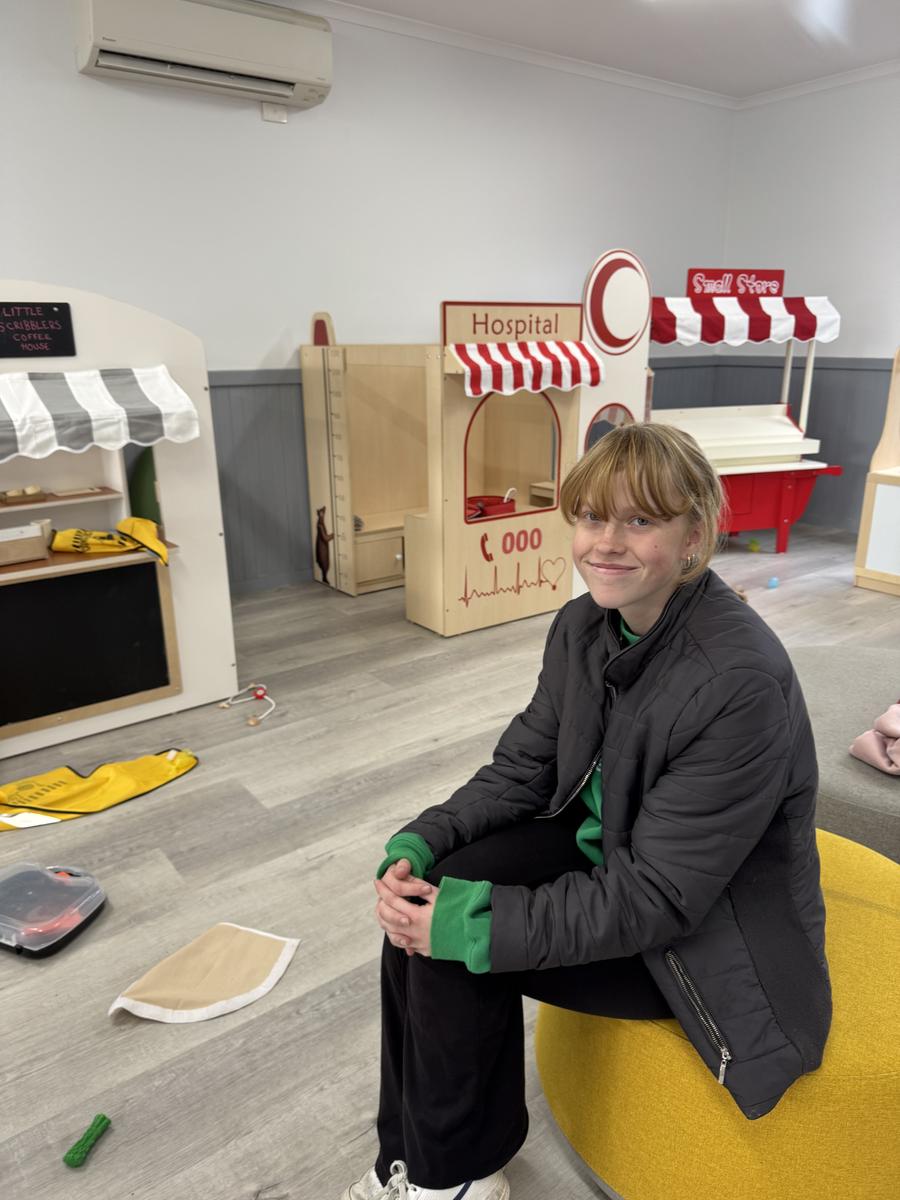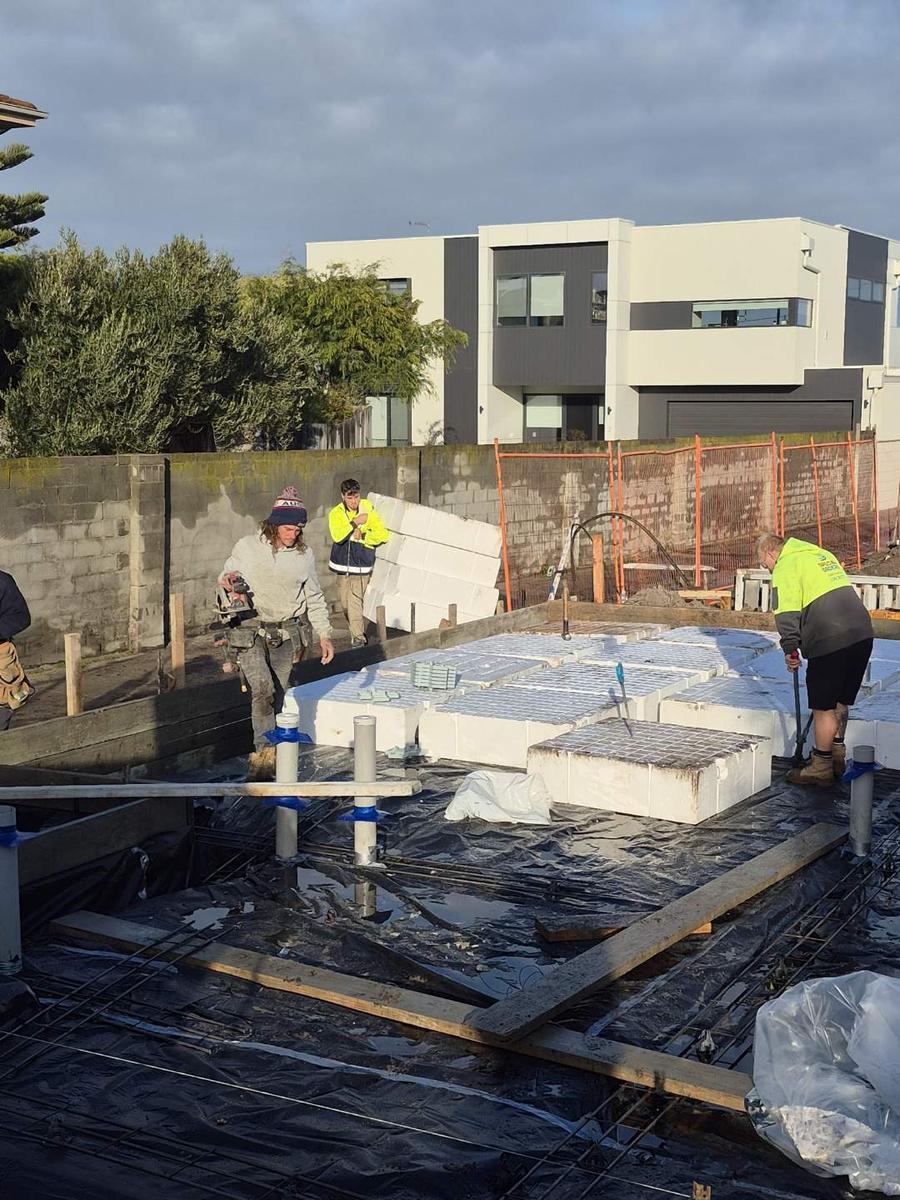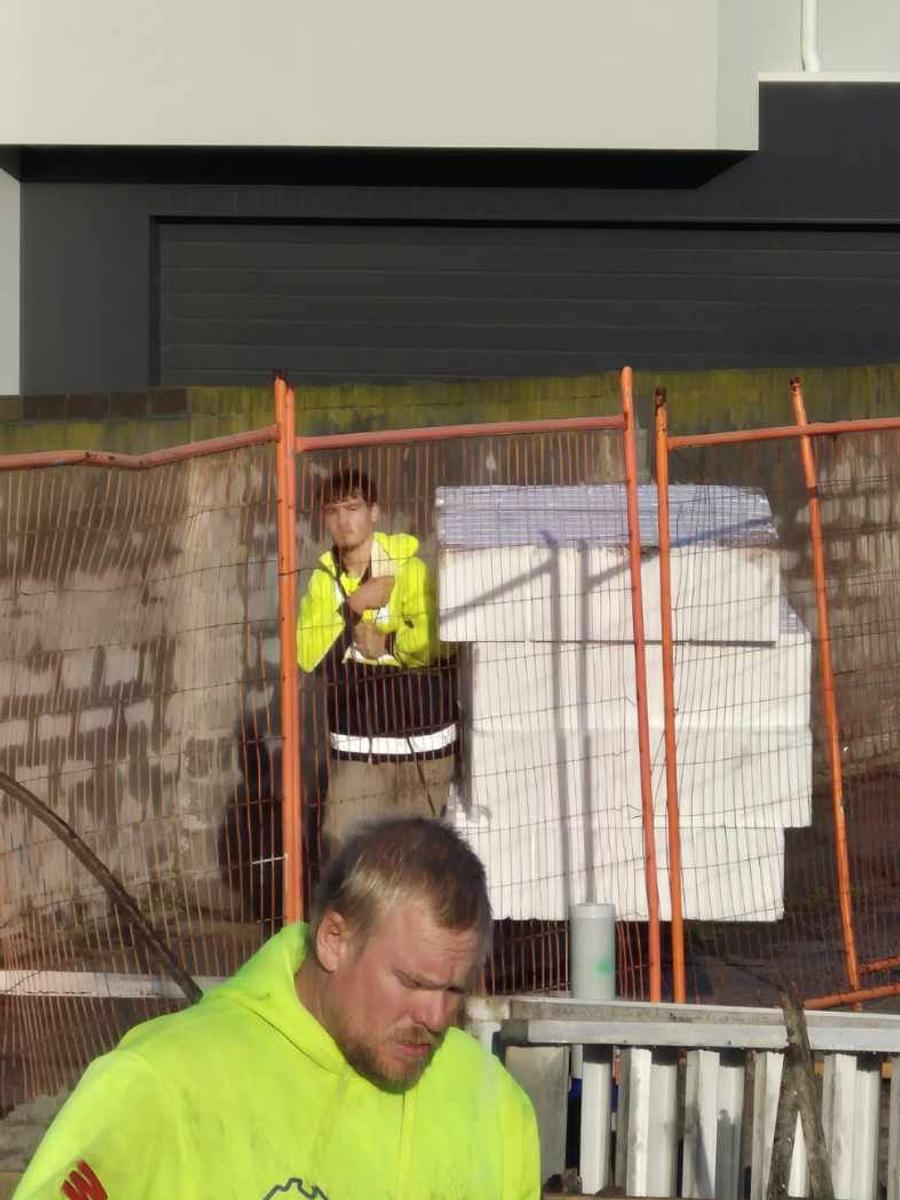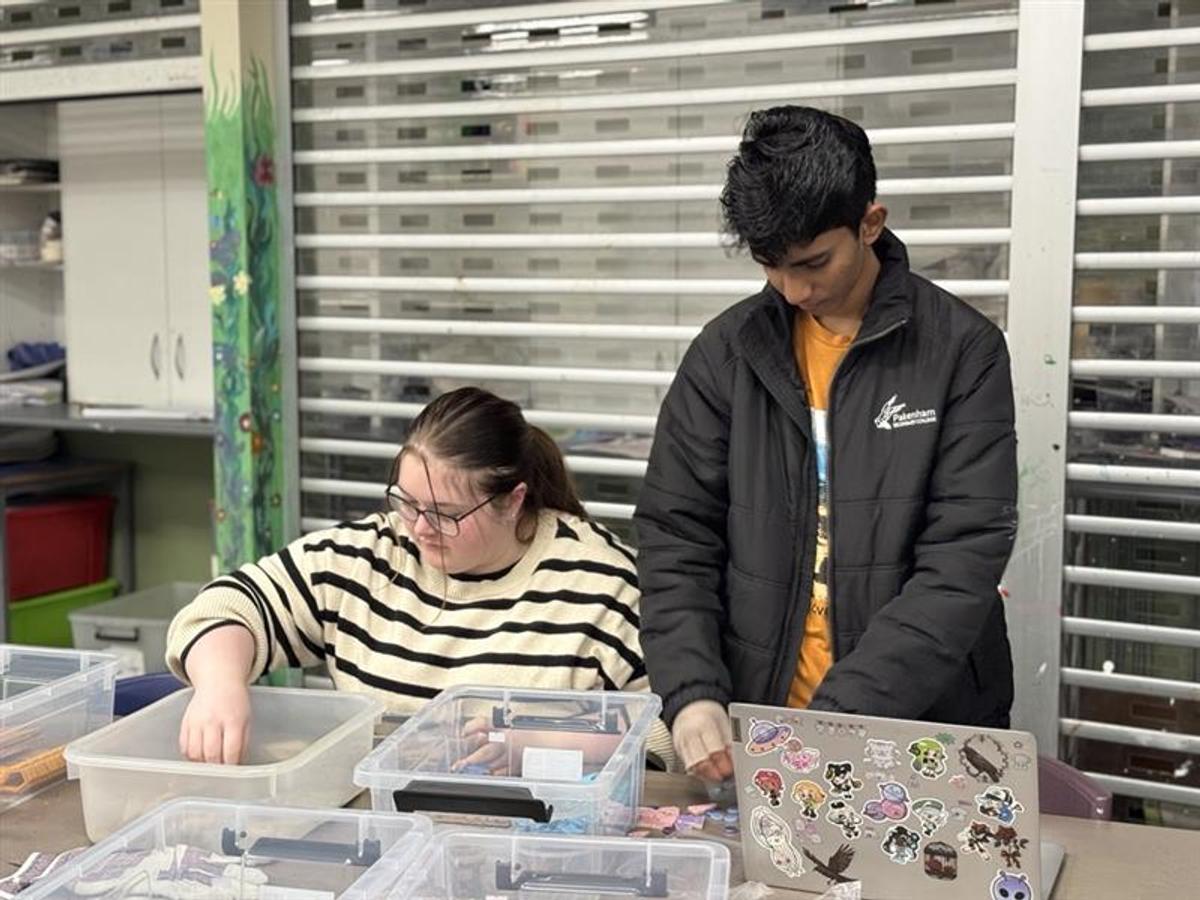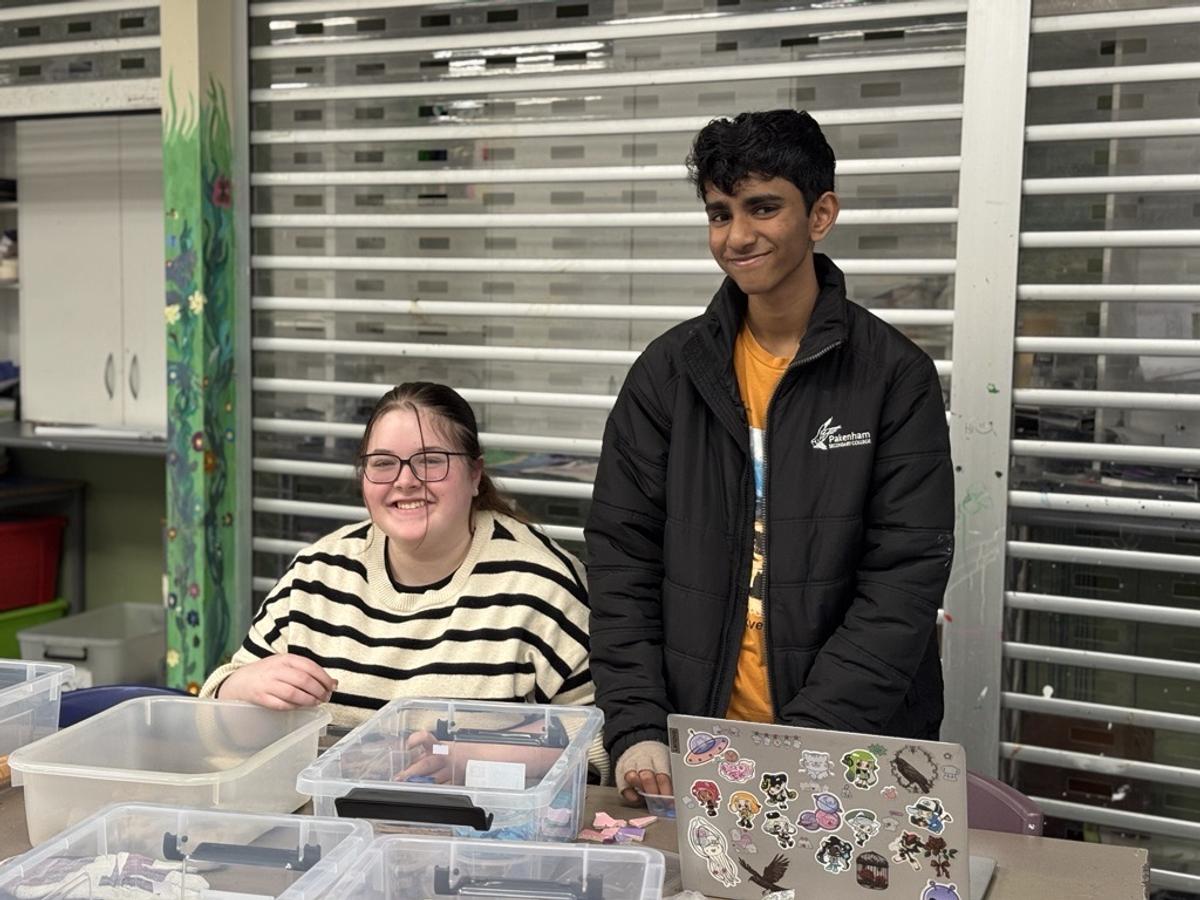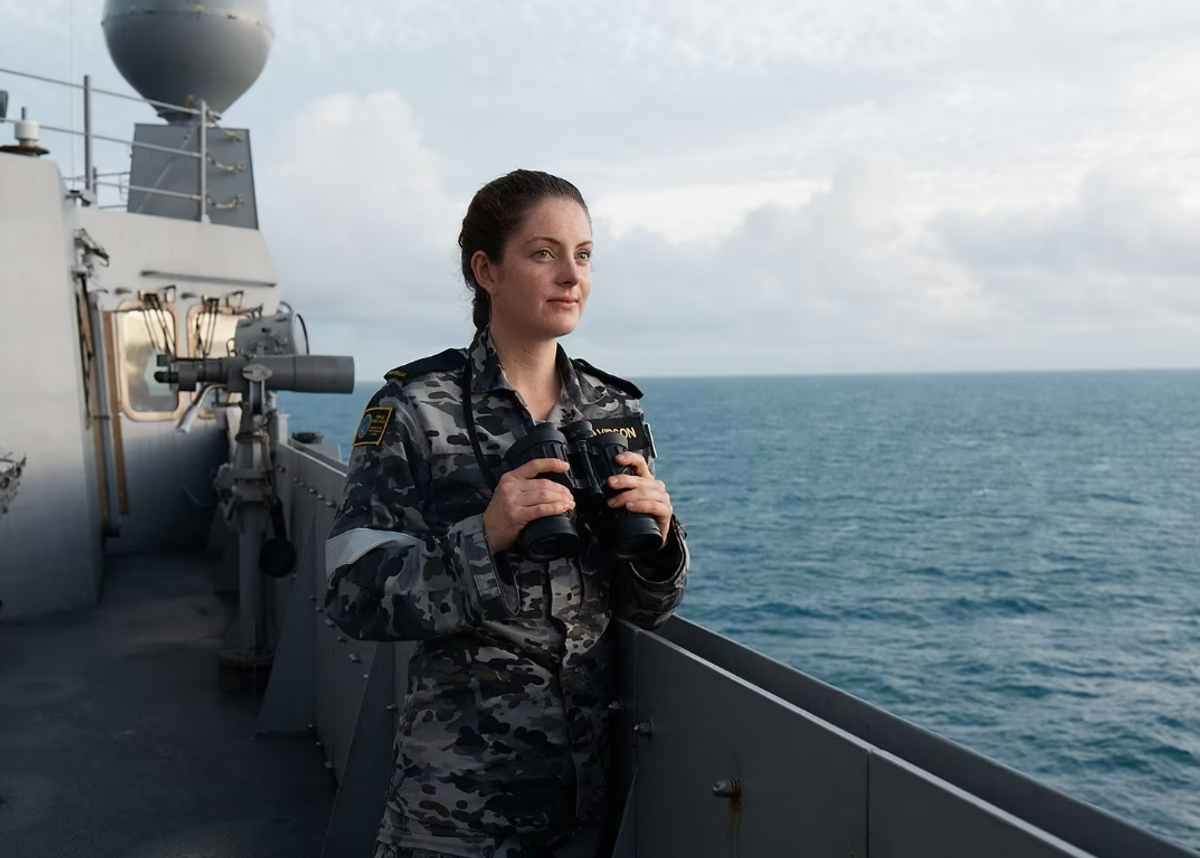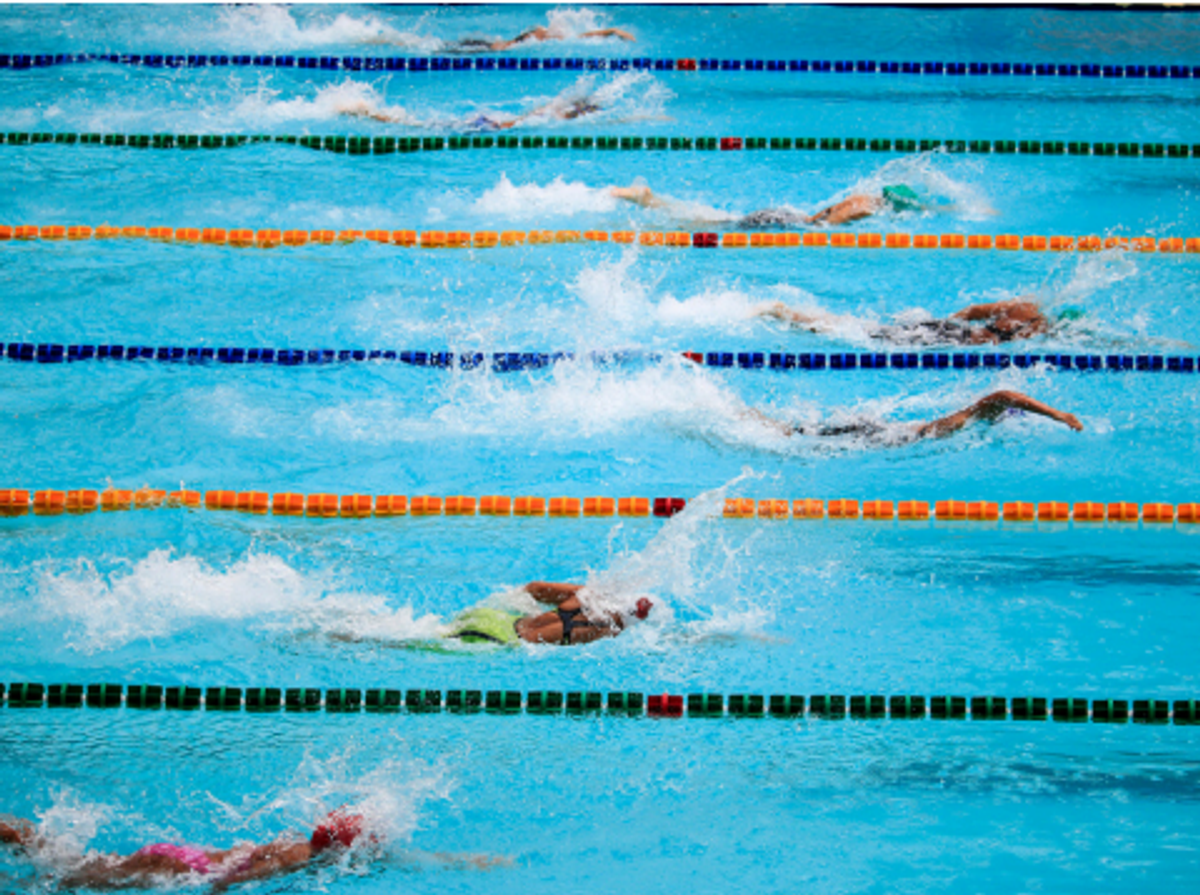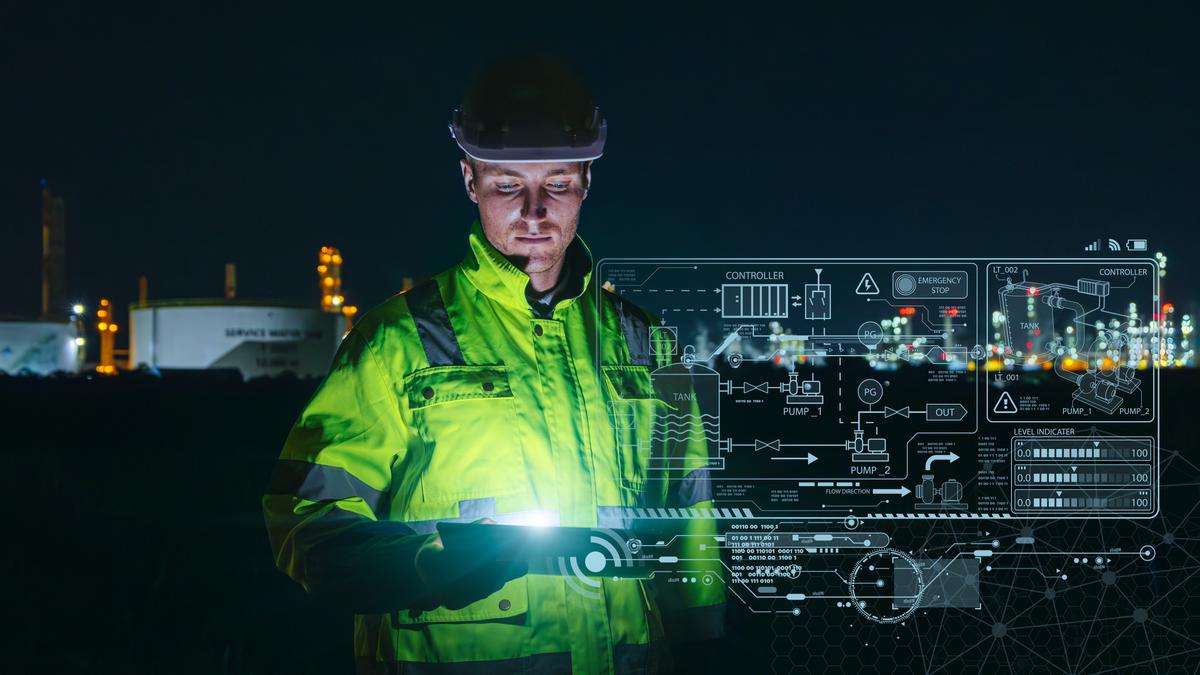Careers Corner

Year 10 Work Experience
During the last week of Term 2, our Year 10 students were given the opportunity to gain practical, on the job experience and skills at a work placement.
Work Experience is extremely worthwhile, giving students a chance to try out their chosen career to see if they really like it, the ability to improve their communication skills and self-confidence, gain an understanding of what the world of work is really like and to develop contacts with potential employers.
Our teachers visited the students in their workplace throughout the week for feedback (from both students and their employers) and we received overwhelmingly positive reports.
We would like to thank all of the employers for their indispensable contribution to our students’ futures.
Year 9 Morrisby Program
The Morrisby program, which is part of the MyCareer Insights initiative, provides our students with a free online career guidance tool. It helps students explore their strengths, interests and potential career paths, supporting them in making informed decisions about their senior secondary schooling and beyond. The program includes a Morrisby profile, created from assessments and a one-on-one career consultation with a qualified professional.
The Year 9 Morrisby program represents a pivotal opportunity for your child. These sessions will help them:
Update their career action plan with current information
Make well-informed decisions about subject choices and pathways
Maintain motivation in their learning by connecting education to future goals
This guidance comes at a crucial time in the students’ educational journey, providing clarity and direction as they prepare for senior years and beyond.
During the first week of Term 3, our Year 9 students completed their one-on-one career interview with a Morrisby Career Consultant. The consultant guided students through a comprehensive report, whilst also showing them how to utilise the Morrisby Career tool to continue to discover and explore this exceptional program.
We hope all students gained some valuable insights as to what career(s) they might like to consider and where their strengths lie. Students have been given a life-long login to their Morrisby Profile, so we encourage them to review their results regularly when making future career decisions.
Behind the Job: Battery Design Specialist
WHAT DO THEY DO?
Battery Design Specialists work with engineers to develop and improve battery technology for electric vehicles, renewable energy storage, and portable electronics.
WHAT ARE THEIR STRENGTHS?
Knowledge of chemistry and materials science
Problem-solving and innovation skills
Ability to conduct research and testing on new battery materials
Awareness of sustainability and recycling processes
HOW DO THEY GET STARTED?
Bachelor’s degree in Chemical Engineering, Materials Science, or Electrical Engineering is usually required.
NEXT STEPS
Want to learn more? Check out resources on Career Tools and The Good Universities Guide to explore study pathways, job opportunities, and industry insights.
Defence Careers Australia
Defence Careers Information Session
Are you interested to learn about the wide range of roles available in the Navy, Army and Air Force?
Join us at an upcoming info session and speak with current serving members about their own experiences. You'll have the chance to ask any questions you have about Australian Defence Force careers and opportunities.
It is highly recommended you book as soon as possible to avoid missing out as places are strictly limited!
Please arrive no later than 5:45 PM to allow time for check-in. The session will commence promptly at 6:00 PM.
Due to building access restrictions late arrivals will not be permitted entry after 6:00 PM.
DETAILS
6th August from 6pm until 8pm at Melbourne ADF Careers Centre, Level 15, 180 Lonsdale Street in Melbourne
Navy Careers Information Session
Consider a dynamic and fulfilling career working alongside likeminded, expertly trained personnel in the Navy.
Speak with serving personnel about career opportunities and discover your potential.
It is highly recommended you book as soon as possible to avoid missing out as places are strictly limited!
Please arrive no later than 5:45 PM to allow time for check-in. The session will commence promptly at 6:00 PM.
Due to building access restrictions late arrivals will not be permitted entry after 6:00 PM. Consider a dynamic and fulfilling career working alongside likeminded, expertly trained personnel in the Navy.
13th August from 6pm until 8pm at Melbourne ADF Careers Centre, Level 15, 180 Lonsdale Street in Melbourne
Career Spotlight: Sports Statistician
WHAT IS A SPORTS STATISTICIAN?
A sports statistician collects, analyses and interprets data related to athletic performance. Whether tracking player stats, team trends, or game outcomes, they use numbers to tell the story behind the sport. Some work live at events, recording data in real time, while others work behind the scenes, using analytics to help teams improve or to inform the broadcasters and fans.
WHAT SKILLS AND STRENGTHS ARE NEEDED?
Sports statisticians often work with software, spreadsheets, or coding tools, so digital literacy is a must. Good communication is also important - translating complex data into clear insights for coaches, players, or the media. Key strengths include maths and analytical thinking, attention to detail, and a solid understanding of sports rules and strategies.
WHAT ARE THE PATHWAYS?
You can start by studying maths, statistics, or data science, and combining that with a strong interest in sports. Relevant university degrees include sports analytics, data science, computer science, or applied mathematics. Short courses in coding (like Python or R), sports technology, or performance analysis can also give you an edge.
Gaining experience through internships, volunteering with local teams, or analysing schools sports data helps build a portfolio and connections in the field. Some statisticians move into the role from sports journalism or coaching backgrounds, adding analytical skills along the way.
Explore your future: Attend a University or TAFE Open Day
As students begin thinking about life after high school, one of the most valuable experiences they can take advantage of is attending a University or TAFE Open Day. These events offer students and their families an inside look at campus life, course options and possible career pathways.
Open Days run between July and September and typically include campus tours, information sessions, interactive workshops and opportunities to speak directly with lecturers, support staff and current students.
Whether you're considering a university degree or a vocational qualification through TAFE, Open Days provide a great way to compare study options, explore different fields, understand entry requirements, learn about scholarships, student services and more.
Students in Years 10 to 12 are particularly encouraged to attend, as the experience can help guide subject selections and future study decisions. Families are also welcome and are encouraged to attend alongside students, helping to start meaningful conversations about what's next after school.
To make the most of an Open Day:
Visit the institution’s website in advance
Check the schedule and register for sessions
Prepare a list of questions to ask on the day
Click the button below for a list of upcoming Open Days and start planning your visit!
Behind the job: Reliability Engineer
WHAT DO THEY DO?
Reliability Engineers focus on improving the performance and durability of machinery, equipment, and systems. They work in industries like manufacturing, mining, and energy to minimise downtime and maintenance costs.
HOW DO THEY GET STARTED?
A Bachelor’s degree in Mechanical Engineering, Electrical Engineering, or Industrial Engineering is usually required.
WHAT ARE THEIR STRENGTHS?
Technical and analytical skills
Problem-solving and troubleshooting abilities
Ability to design and implement reliability improvement strategies
Attention to detail and project management skills
NEXT STEPS
Want to learn more? Check out resources on Career Tools and The Good Universities Guide to explore study pathways, job opportunities, and industry insights.
Careers in Engineering
If you are interested in finding out more about a career in Engineering, click on the button below to look at the Career Tools 'Guide to Engineering Careers'. It is an excellent guide with information on the following:
- What is engineering?
- Who makes a great engineer
- Life as an engineer
- Pathways to engineering
- Areas of engineering
- How to get started
- The future of engineering
PSC Careers Website
We have a fantastic resource available for students. The PSC Careers Website provides you with all of the latest information that will help you make decisions about your future career and your life beyond school.
You can visit this site to find out about university or TAFE courses and any other type of course available across Australia. The site also has information about VCE, you can search for job vacancies and much more.
In addition to this, please do feel free to drop into the Careers Office if you have any questions.

